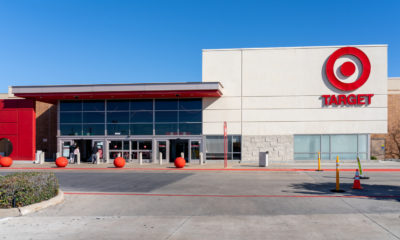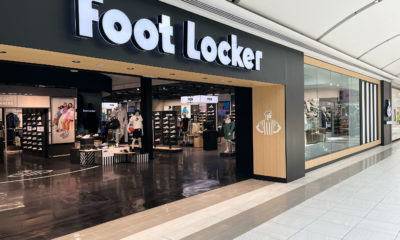Krispy Kreme Doughnuts Inc. (Winston-Salem, N.C.) announced today that a special committee laid much of the blame for the company’s sudden turnaround in fortunes on accounting errors and failures in leadership as the company was rapidly expanding.
The committee was comprised of two independent directors of the company, co-chaired by Michael Sutton, formerly chief accountant of the Securities and Exchange Commission, and Lizanne Thomas, a senior corporate partner in the Atlanta law office of Jones Day.
The report found $25.6 million in erroneous or inappropriate accounting. It singled out Krispy Kreme’s former ceo, Scott Livengood, and its former chief operating officer, John Tate, for various failures, but it stopped short of accusing the executives of deliberate accounting fraud. The report mentions errors, but not schemes or manipulations.
“In our view, Scott A. Livengood, former chairman of the board and chief executive officer, and John W. Tate, former chief operating officer, bear primary responsibility for the failure to establish the management tone, environment and controls essential for meeting the company’s responsibilities as a public company,” the report stated. “Krispy Kreme and its shareholders have paid dearly for those failures, as measured by the loss in market value of the company’s shares, a loss in confidence in the credibility and integrity of the company’s management and the considerable costs required to address those failures.
“The number, nature and timing of the accounting errors strongly suggest that they resulted from an intent to manage earnings,” the report continued. “All those we interviewed have repeatedly and firmly denied having any intent to manage earnings or having given or received any instruction (explicit or otherwise) to do so. But we never received credible explanations for transactions that appear to have been structured or timed to allow for the improper recognition of revenue or improper reduction of expense. While we believe that our investigation was thorough and more than sufficient to support our conclusions, we recognize that government investigators, who have a broader array of investigatory tools than are available in a private investigation such as ours, may uncover additional facts that will better illuminate the intent behind various individuals’ actions and the underlying events. All officers or employees who we believe had any substantial involvement in or responsibility for the accounting errors have left the company.”
The committee said it felt “the Krispy Kreme story is one of a newly public company, experiencing rapid growth, that failed to meet its accounting and financial reporting obligations to its shareholders and the public.”
Advertisement
Livengood said, through his lawyer, that he “strongly disagrees with the speculative suggestion of the report.” He is now living with his family in Winston-Salem and is, according to his lawyer,” exploring other business opportunities.” “Scott Livengood devoted his heart and soul to Krispy Kreme,” said the lawyer, F. Joseph Warin of Gibson, Dunn & Crutcher. “For 27 years, he dedicated his business life to the growth and success of the company.”
The company is also facing two federal investigations, several shareholder lawsuits and two suits from franchisees that charge that mismanagement of the company is responsible for their financial woes.
The report highlighted what it called “the most egregious accounting errors,” including several instances of the price the company paid to acquire franchisees being increased to allow the franchisee to pay the company for equipment fees or other liabilities owed to the company. Once the deal was completed, the money flowed back to Krispy Kreme headquarters, where it was booked as revenue. The report characterized these as “round-trip transactions” and said they enabled the company to increase earnings by half a penny a share in quarters where guidance was exceeded by just one penny a share. From 2000 to 2004, the company consistently met or exceeded its own quarterly and annual earnings predictions, propelling the share price higher and higher.

 Photo Gallery1 week ago
Photo Gallery1 week ago
 Headlines5 days ago
Headlines5 days ago
 Headlines1 week ago
Headlines1 week ago
 Headlines2 weeks ago
Headlines2 weeks ago
 Headlines2 weeks ago
Headlines2 weeks ago
 Headlines4 days ago
Headlines4 days ago
 Headlines3 days ago
Headlines3 days ago
 Designer Dozen1 week ago
Designer Dozen1 week ago













